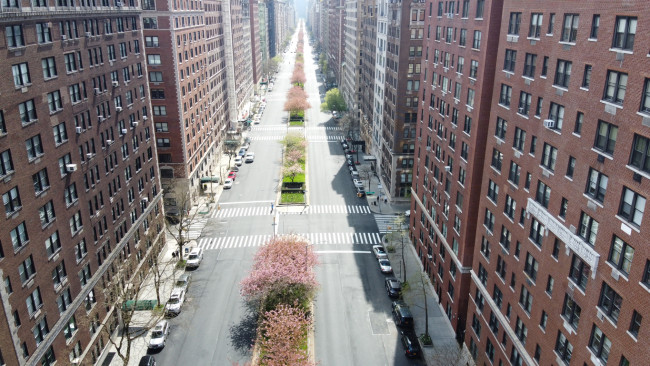Renting extra living space for a home office or learning pod in NYC? Here's what you should know

New Yorkers are looking for space for learning pods and home offices—two major real estate needs in the pandemic.
iStock
New Yorkers need room for working or learning from home as pandemic living spaces do double or even triple duty. If you’re considering renting out a neighbor’s spare room—or making some money on the side by renting out your own extra space—it’s a good idea to be aware of the rules about commercial use of residential real estate in NYC.
In recent weeks, messages both seeking and offering space for either learning pods or home offices—two major real estate needs in the pandemic—have circulated on neighborhood listservs. For instance—an unused garden level floor in a townhouse was offered as offices. In another post, some learning pod teachers were looking for space to rent.
To be clear, you are allowed to run a business from your apartment or house as long it complies with New York City zoning rules. Among other restrictions, these rules limit home-based businesses to 25 percent of the total floor area, and no more than 500 total square feet of floor area. In addition, you are permitted to teach up to four students simultaneously.
Where you run up against the rules is when you rent space to someone running a business that you have no part of—then it is no longer a “home occupation,” in Department of Buildings terminology. (It's somewhat analogous to rules that prohibit Airbnb rentals for less than 30 days when the owner is not on the premises.)
It’s illegal because it involves using the space contrary to the legal use as a single-family dwelling, says Andrew Rudansky, press secretary for the DOB. Single-family residences in NYC are meant to be occupied exclusively for residential purposes by a family for the purpose of maintaining a common household, he says.
Still, you’re only likely to run into trouble if someone complains.
The DOB is not going house to house looking for these types of violations—the Padlock Unit, which investigates egregious commercial uses of residential space—has much bigger priorities and typically goes after more dangerous types of situations.
If the DOB does receive a complaint via 311, “we would route inspectors to the scene to investigate. If our inspectors confirmed that the house had been illegally converted, the property owner could face enforcement actions from the department, including violations and associated fines,” Rudansky says.
However, if you are really intent on renting out unused residential space for commercial use and want to be above board, Rudansky says, then you can go through the process of getting a new Certificate of Occupancy allowing for commercial use. Zoning will be a factor, but many residential areas usually have commercial overlays that permit some businesses, or you may be able to request a variance.
You Might Also Like




























